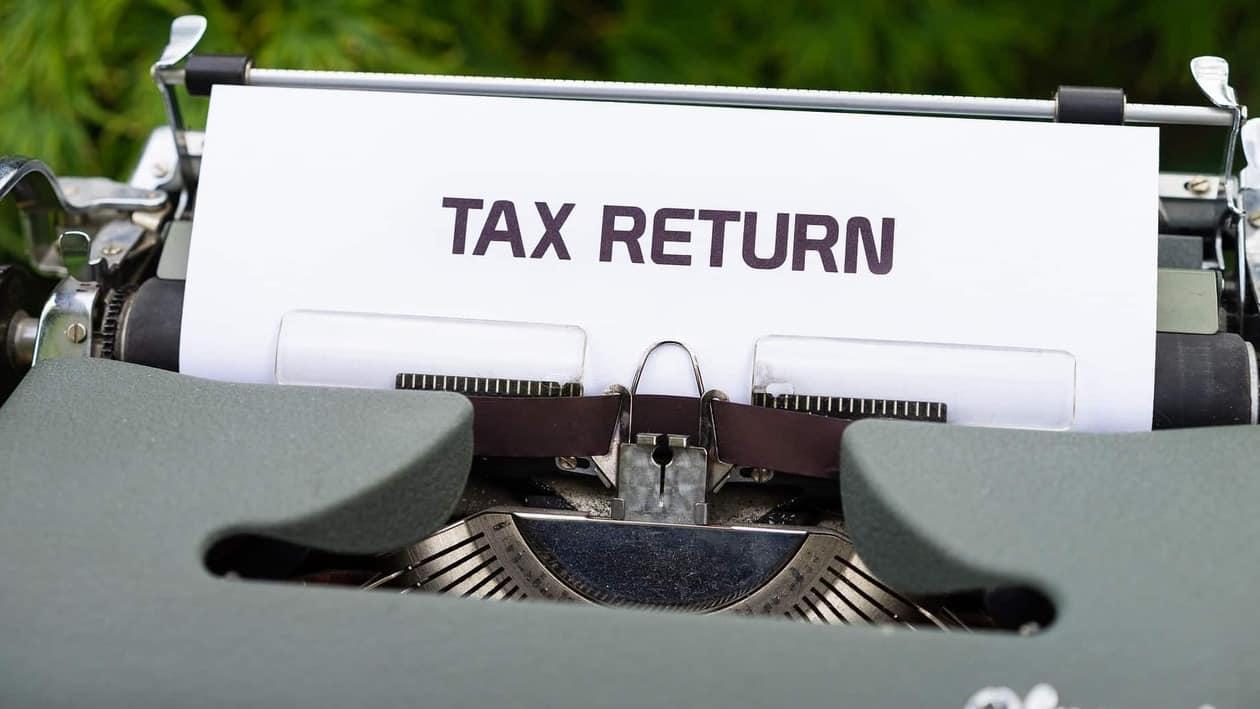Till last week, social media platforms, especially, Twitter were flooded with cries of taxpayers seeking an extension of due dates for filing Income Tax Returns (ITRs). Many taxpayers cited reasons explaining how the Ministry of Finance must extend the dates for filing ITRs. First-time taxpayers may wonder at the unwarranted furore while those who have been paying their taxes for years know that this is a common event. The government this year had cleared its stance regarding the same as it announced that there would no extension in the deadline and that taxpayers must file their ITRs on or before July 31.
Penalty on late filing of ITRs
The government however does not refrain taxpayers from filing their ITRs post the deadline as it allows them to complete the process by December end of this year. However, this reprise of allowing people to file taxes after the July 31 due date now bears the burden of a penalty too. Taxpayers filing their ITRs after the due date will now be liable to pay a late filing fee under Section 234F of the IT Act. As per the section, taxpayers filing belated ITRs will now ₹5000 extra on the returns furnished on or before December 31 this year. This penalty also applies to those whose income is exempt from tax but have still missed the deadline.
Taxpayers aged below 60 and earning below ₹2.5 lakh per year are exempt from paying taxes. However, this exemption limit goes up to ₹3 lakh for super senior taxpayers aged between 60 and 80 years. Beyond this age limit, the exemption limit is ₹5 lakh.
Burden of interest
Beyond penalty, taxpayers will also be liable to pay interest on delayed ITR filings. Under Section 234A of the Income Tax Act, taxpayers will have to pay one per cent interest for every month or the part of the month delayed. The simple interest method is used to calculate the interest due on the ITRs filed beyond the due date.
Viral Bhatt, Founder, Money Mantra says, “If you do not file income tax returns on or before the due date, you would be required to pay interest at the rate of one per cent for every month, or part of a month, on the amount of tax remaining unpaid as per section 234A. It’s important to note that one’s ITR cannot be filed if one hasn’t paid the taxes. The calculation of penalty will start from the date immediately after the due date which is usually 31 July of the relevant assessment year.”
Carry forwarding of losses
Those filing ITRs after the due date will also not be allowed to carry forward their losses. Sudhir Kaushik, Co-Founder and CEO, TaxSpanner says, “Carry forward of losses (other than the loss from house property), if any is not allowed if you miss the due date. Losses on the sale of property/shares/capital assets those were forced to sell during corona should be declared and filed before the due date. in case you miss even the 31st December 2022 deadline, for refunds and losses, you would be required to file an appeal for condonation with the commissioner of income tax of your ward for refund and losses carried forward. If the reason is bonafide, you may get permission.”
To date, taxpayers were allowed to set off losses against the income from any source or any specified income head. Under Section 139(1) of the Act, they can carry forward the losses on the income or losses of the year in which they furnish their ITRs subject to the condition that they file the returns on or before the due date.
Imprisonment
In exceptional cases, taxpayers will have to serve jail time if they willingly refrain from filing their ITRs despite the Income Tax department having issued multiple notices. The Income Tax officer first initiates a proceeding for the prosecution that may escalate to the taxpayers being imprisoned for a period between three months and two years along with a fine. In case of the tax amount due is unusually high, the jail time may go up to seven years.
